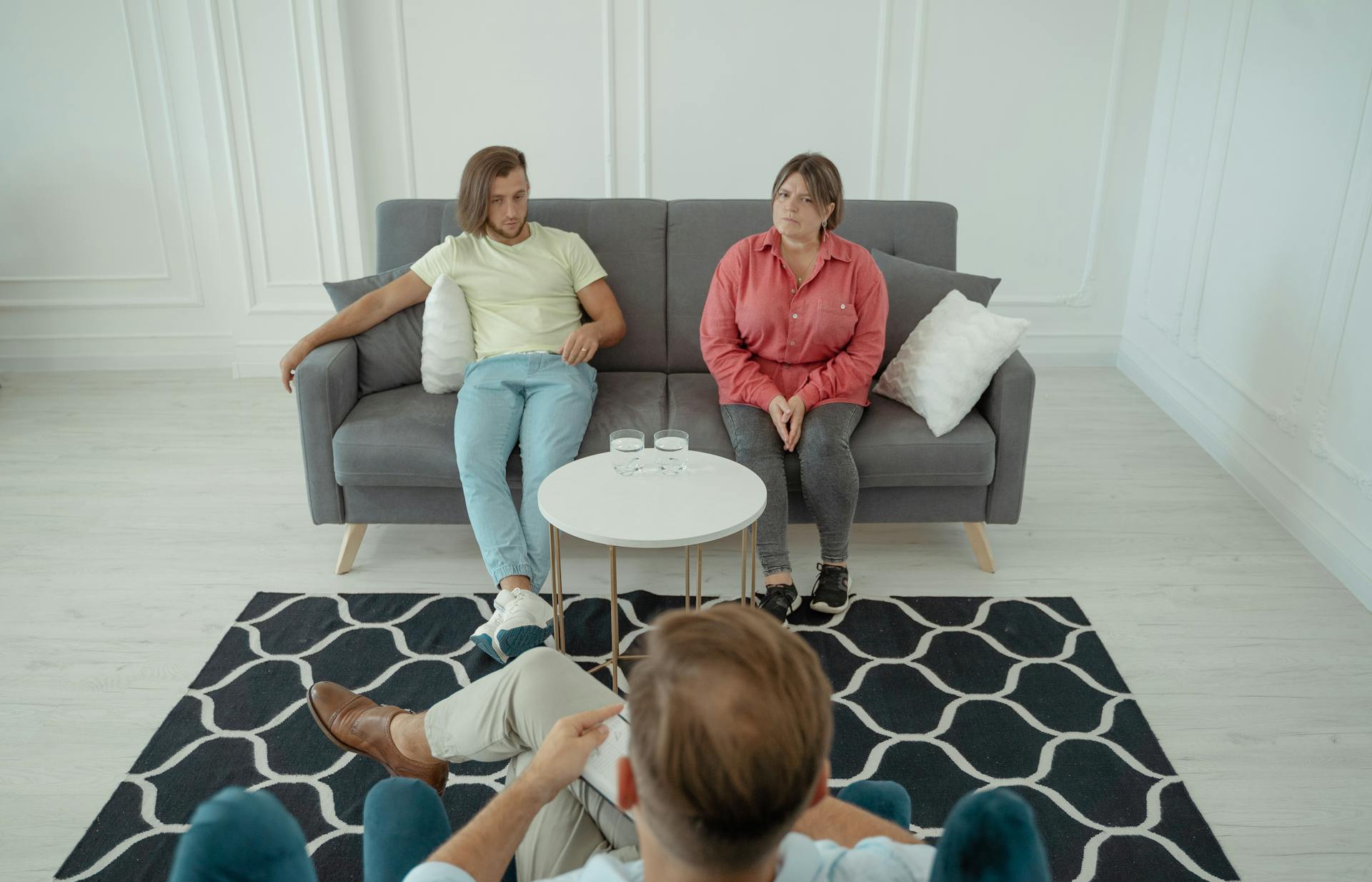Family Mediation & Conflict Resolution
Peaceful Leadership Institute is a 501(c)3 non-profit organization focused on delivering peace-oriented leadership training, mediation, and conflict coaching. As part of our mission, we offer low-cost conflict resolution services for families and family mediation. Get in touch today for a free consultation to learn if we can help!

The Benefits of Conflict Resolution and Mediation for Families
Conflict is an inevitable part of any family dynamic. However, when conflicts are left unresolved or mismanaged, they can strain relationships and create long-lasting emotional and psychological effects. Fortunately, conflict resolution and mediation provide valuable tools for families to navigate and resolve these disputes. This article explores the benefits of conflict resolution and mediation, highlighting how they can strengthen family bonds, promote effective communication, and foster a harmonious and supportive family environment.
1) Preserving Relationships and Strengthening Bonds
Conflict resolution and mediation focus on preserving relationships and fostering understanding among family members. Instead of allowing conflicts to escalate or result in strained connections, mediation encourages open and respectful communication. Mediators provide a safe and neutral space for family members to express their concerns, emotions, and needs, ultimately promoting empathy and reconciliation. By actively resolving conflicts, families can strengthen their bonds and create a foundation of trust and support.
2) Enhancing Communication Skills
Conflict resolution and mediation processes equip family members with effective communication skills. Through guided discussions, active listening, and constructive feedback, mediation enables individuals to express their perspectives and concerns without judgment or interruption. Moreover, mediators facilitate better understanding by reframing statements and promoting empathy. By honing communication skills, families can foster healthier and more productive conversations, leading to improved relationships and conflict management in the long run.
3) Teaching Children Valuable Life Skills
Conflict resolution and mediation are invaluable tools for teaching children essential life skills. When children witness their parents or guardians engaging in mediation, they learn the importance of effective communication, compromise, and problem-solving. They also witness the significance of acknowledging and respecting different perspectives. By involving children in the mediation process, they can acquire lifelong skills that contribute to their personal growth and their ability to navigate conflicts successfully in their own lives.
4) Encouraging Cooperative Problem-Solving
Conflict resolution and mediation foster an environment of cooperative problem-solving within families. Mediators facilitate a structured process, allowing family members to express their needs and concerns while working towards mutually satisfactory solutions. The focus on finding common ground helps family members understand one another’s viewpoints and encourages collaboration rather than confrontation. This cooperative problem-solving approach strengthens family unity, as it enables everyone to feel heard, valued, and actively involved in the resolution process.
5) Enhancing Emotional Well-being
Unresolved conflict often leads to heightened stress levels and negatively impacts the emotional well-being of family members. Conflict resolution and mediation provide a constructive outlet for addressing these conflicts, reducing tension and promoting emotional healing. The process allows family members to express their emotions, fears, and frustrations in a safe and controlled environment. By actively working towards resolution, families can alleviate emotional burdens, heal relationships, and create a more positive and nurturing family atmosphere.
6) Developing Empathy and Understanding
Conflict resolution and mediation facilitate the development of empathy and understanding among family members. The mediation process provides an opportunity to explore and appreciate different perspectives and experiences. As family members engage in thoughtful and respectful dialogue, they gain insights into each other’s feelings and motivations. This understanding helps reduce judgment and blame, encouraging empathy and fostering a deeper connection within the family unit.
7) Creating a Positive Role Model for Future Generations
When families engage in conflict resolution and mediation, they create a positive role model for future generations. By demonstrating effective resolution strategies, families teach children the value of communication, empathy, and compromise. These lessons are crucial for children to grow into emotionally intelligent adults who can navigate conflicts constructively and cultivate healthy relationships. Through conflict resolution and mediation, families contribute to a legacy of strong and resilient family bonds, ensuring a healthier and more peaceful future for generations to come.
Conflict resolution and mediation offer numerous advantages to families, including preserving relationships, enhancing communication skills, teaching valuable life lessons to children, encouraging cooperative problem-solving, promoting emotional well-being, fostering empathy and understanding, and creating positive role models for future generations. By embracing these techniques, families can address conflicts in a constructive manner, ultimately strengthening their bonds, improving communication, and nurturing a harmonious and supportive family environment. Investing time and effort in conflict resolution and mediation is an investment in the overall well-being and happiness of the family unit.
If you need help with a family conflict, contact us today!
